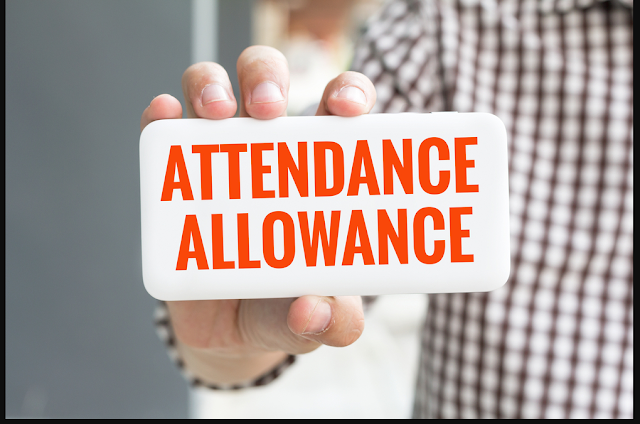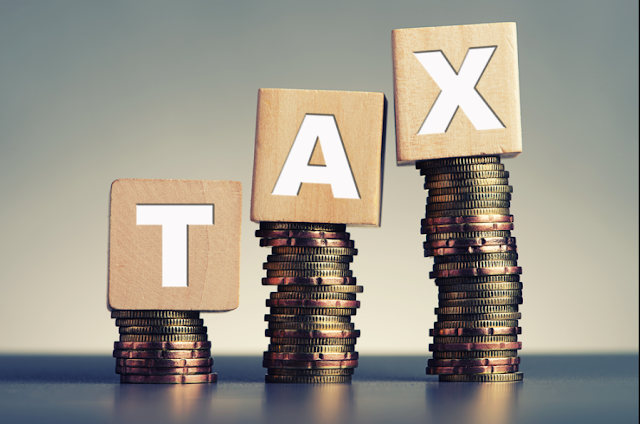Tips for Freelancers Business
Entering the planet of self-employment and being your own boss is extremely exciting. The one downside is handling the bureaucracy and regulation that running a business brings. regardless of the size or structure of your business handling your accounts and tax returns comes with the territory. It can all seem daunting and overwhelming initially. But Cheap Accountants in London are here to take all burden on themselves and to facilitate you. by handling the business structure.
Here’s a couple of tips to urge you started.
When do I even have to register with HMRC?
As soon as you begin to trade or operate your business you’ll get to register with HMRC. it'd not always be clear when your business formally starts as you'll have some pre-launch tasks to try to do, stock to shop for, or contracts to secure. Unfortunately, HMRC isn’t much help here as they are doing not provide a transparent definition of beginning to trade and once you need to register with them.
The best approach is to register with HMRC sooner instead of later. you'll do that online at https://www.gov.uk/log-in-register-hmrc-online-services/register.
You can claim for pre-launch costs incurred through your business albeit they were paid out of your own funds. Keep receipts and invoices then record the amounts spent within the accounts.
Should I found out as a Sole Trader or Limited Company?
Sole Trader
By far the only of structures is that of a sole trader; a freelance performing on their own. there's no formality to fixing as a sole trader as there's no distinction between you and your business; basically, you only start.
It is worth noting that a sole trader (an unincorporated business structure) has unlimited liability which suggests that you simply are personally responsible for the debts of the business should it fail. Creditors (people or businesses that you simply owe money to) could plan to recover any amounts owed to them from your personal assets including your house.
Limited Company
The fear of unlimited liability is usually a reason for a business to be found out as a limited company; an incorporated business established through a proper process and registered at Companies House. An Ltd. has its own separate identity within the eyes of the law meaning that it's vital to stay the financial affairs of the business completely break away your own finances.
Directors have legal obligations bestowed on them once they are appointed including keeping accounting records and filing accounts. in fact, the shareholder and director are often one and therefore the same person as is usually the case in an owner-managed business.
The clear advantage of fixing an Ltd. and trading through such a business structure is that the protection of limited liability; if the corporate fails the debts remain with the Ltd
What taxes will I pay?
Tax is paid on profits that you get from your business. The business structure (sole trader or limited company) that you simply operate under will determine the taxes that are paid.
In the past, the attraction of an Ltd. has been enhanced thanks to lower taxes on the profits extracted from the business. With the introduction of the Dividend Tax, this advantage has been eliminated for several unless you've got larger profits (over £30,000). If your profit is a smaller amount than that operating as a sole trader could be the well-liked route.
Sole Trader Taxes
A sole trader will pay:
- Class 2 social insurance – a hard and fast weekly amount
- Class 4 social insurance – a percentage supported profit over a threshold
- Income tax
Limited Company Taxes
An Ltd. pays corporation tax on its profits.
Taxes on Dividends
It’s worth noting that dividends are paid out of distributable profits; basically profits after allowing corporation tax.
Dividend Tax applies to any amounts taken out of the corporate at:
- First £2,000 of dividends – tax-free
- 7.5 you take care of dividends falling within basic rate tax (caution on how this is often calculated)
- 32.5% for dividends falling within higher rate tax (which are going to be over £46,350 from April 2018)
- 38.1% for dividends falling within the extra rate of tax with income over £100,000 meaning restrictions on your personal allowance
Employer
If either a sole trader or Ltd. employs anyone then they're going to, subject to conditions, need to run a payroll and pay PAYE. A director of an Ltd. pays themselves a salary or wages, but a sole trader cannot. the administrators of the Ltd. may have to account for any salary paid on their self-assessment. If they're also a shareholder and in receipt of dividends, these got to continue to the self-assessment also.



Comments
Post a Comment